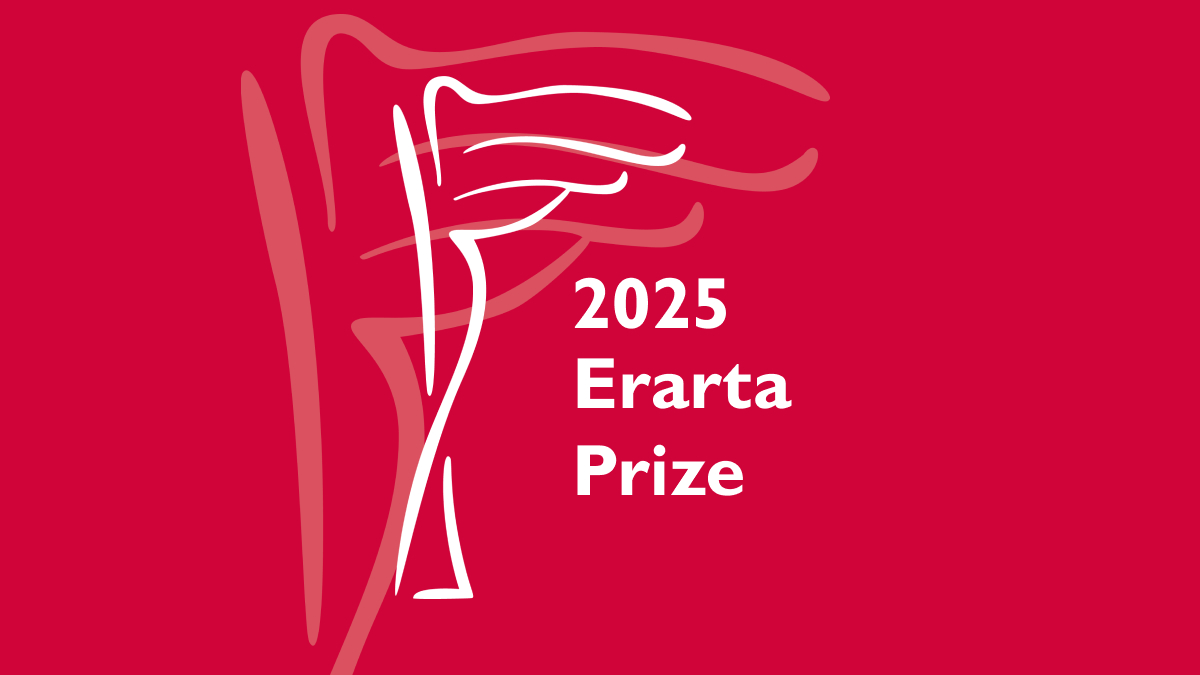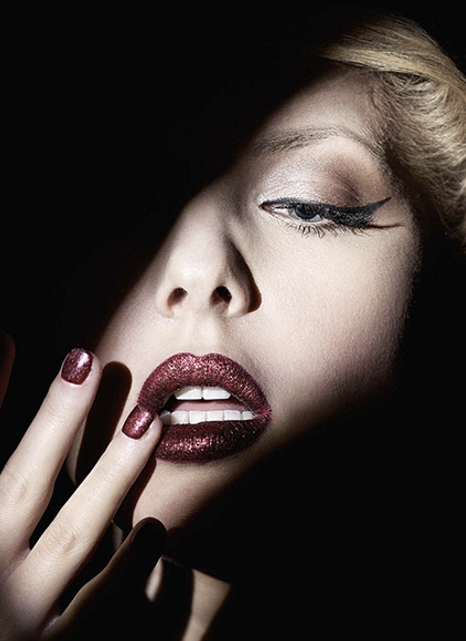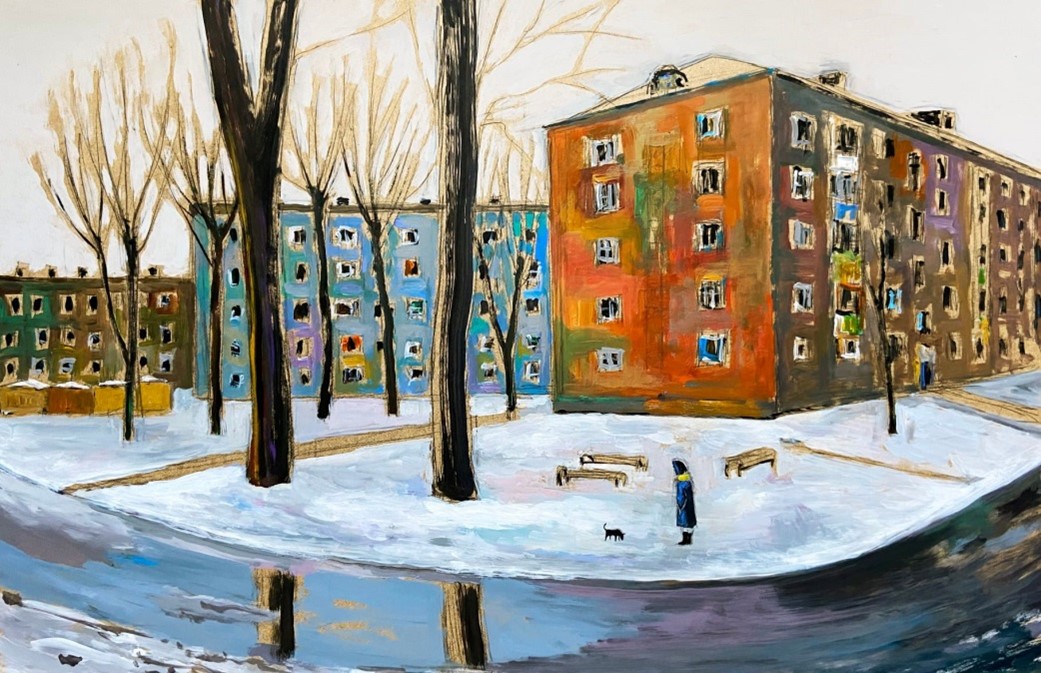Erarta Museum presents an exhibition of works by Lyudmila Tabolina, the legend of Leningrad photography. The project focuses not on the pictures of the city on the Neva which first brought her recognition as an artist, but on the very intimate and touching shots from Lyudmila's home village in the Tver oblast
- Half a century in the life of one village
- 70 hand-printed gelatin silver photographs
- Rural life in all its aspects
Land of Ladygino
The theme of this exhibition is a village. And this means not just any abstract village, but the very specific Ladygino near Vyshny Volochyok in the Tver Oblast, home to a few relatives living out their remaining days close to the modest little graves of several generations of ancestors. Village as the epitome of homeland and the opposite of the city and civilization, village as the realm of nature's rhythms and archetypes.
Lyudmila Tabolina sees the village not as a city dweller or an outsider for whom everything is new and strange, but as a native. Such undistanced, “insider” viewpoint allows Tabolina the artist to avoid the usual platitudes and clichés like panoramic shots, excessive ethnographic detail, running commentary on the post-soviet ruin and degradation, and, finally, those all too familiar “Russian birch trees”. Her camera seeks and discovers the unassuming intimate details of life which restore the man's lost bond with nature and immerse one in the peace and quiet of the Russian countryside.
Lyudmila Tabolina's outdoor photography builds on the tradition of the Russian realistic landscape painting harking back to Aleksey Savrasov. However, unlike the painters, her principal medium is not colour but light which, thanks to Tabolina's lense and unique vision, gains spiritual substantiality. It is landscape as meditation, landscape as icon, landscape as the prayer said by Russia herself as one of the embodiments of the Holy Mother of God (“Mother-earth for the Russian people is Russia. Russia is transformed into the Mother of God.” — Nikolay Berdyaev).
A major series is dedicated to the interior of a village home which in its simplicity and modesty preserves remnants of the traditional peasant life. At the same time, here the light also transforms the profane into the otherworldly and sacred due to the observer's active immersion in the observed (to paraphrase Pavel Florensky's “... a real unity of the knower and the known”).
The Village Party series is a photographic report of the Victory Day celebration in 1999. A small group of the elderly and the not so elderly dwellers of Ladygino village, mostly summer residents, have trickled into the village street and started to celebrate by dancing to an accordion. What is startling about this peculiar disco is the genuine cheerfulness and freedom of expression shown by these rather aged people who chanced to be in the village on that day.
Everyday objects come to live in the Old Jar on an Autumn Day and the Old Mirror series. This combination of autumn, a broken jar, an old mirror, and the abandoned village might seem inherently depressive, yet in Lyudmila Tabolina's works it conveys beauty filled with sadness. To quote Fyodor Tyutchev's Autumn Evening:
Fatigue, decline, and — over all — the worn
And wasting spirit's smile, doomed soon to vanish,
That lights a sufferer's face and that is born
Of modesty, the godlike pride of anguish.
By Valeriy Valran
***
Lyudmila Tabolina was born in Vyshny Volochyok of the Kalinin (now Tver) Oblast, graduated from the Leningrad Institute of Technology with a degree in chemical engineering and later earned a PhD in technical engineering. She has lived in St. Petersburg since 1961. In the 1970s and 80s she participated in the photography club hosted by the Gorky Palace of Culture and The Mirror Photography Club, joining the Union of Fine Art Photographers of Russia in 1991.
A dedicated supporter of the gelatin silver process and hand printing, Lyudmila Tabolina has held more than 40 solo exhibitions. Her works are in the collections of the Russian Museum, the Pushkin State Museum of Fine Arts, ROSFOTO State Museum and Exhibition Centre, Museum of the History of Photography (St. Petersburg), Museum of the History of St. Petersburg, the Yaroslavl Art Museum, Museum of Organic Culture (Kolomna), Vladimir Nabokov Museum (St. Petersburg), the Moscow House of Photography, Metenkov's House Museum of Photography (Yekaterinburg), Fyodor Dostoevsky Museum (St. Petersburg), Borey Art Gallery (St. Petersburg), the Vyshny Volochyok Regional Museum, and others.










